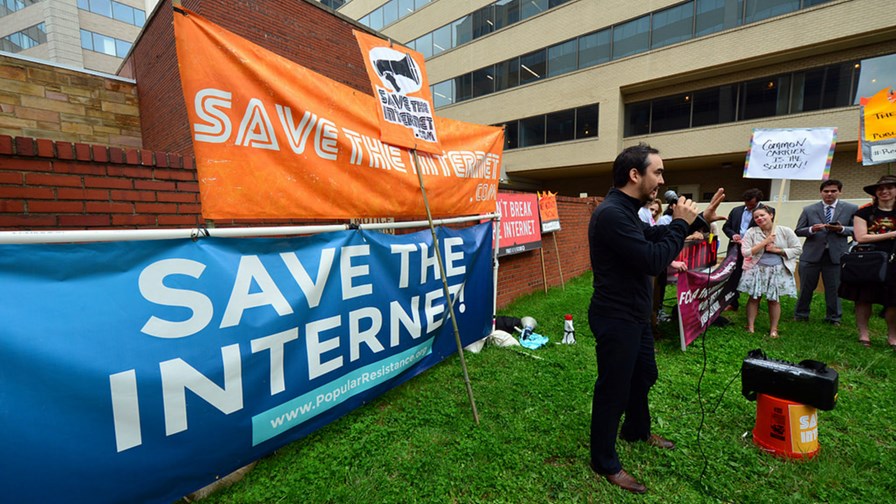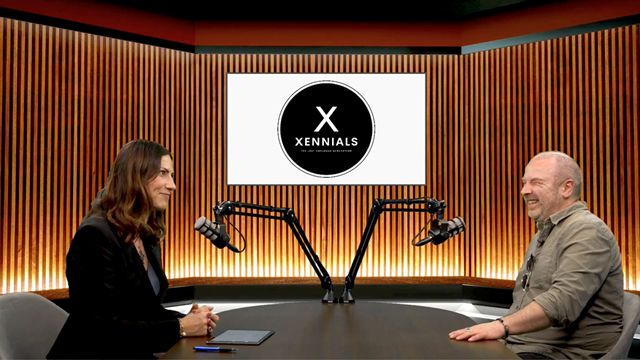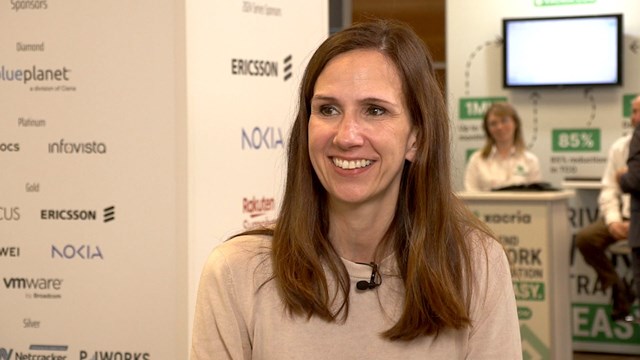BEREC nails down its Net Neutrality guidelines - is that the end of the tired old debate?

via Flickr © Free Press Pics (CC BY 2.0)
- BEREC sticks to tough line on Net Neutrality
- Digital activists triumphant, telcos not
- National regulators still get some discretion over zero rating
The Body of European Regulators for Electronic Communications (BEREC) has come up with a final set of guidelines for the implementation and maintenance of net neutrality across the EU following (finally) the European Parliament’s adoption of neutrality rules last year.
Judging by the fulsome praise being heaped upon BEREC and its guidelines by the ‘digital activists’ and the sullen silence so far from the telcos and cable operators who were urging BEREC not to over-interpret concepts such as ‘open’ and ‘discrimination’, the neutral side appears to have won.
It might have been different. Given the heavy lobbying and threats of investment strike by the big operators it was generally expected that the regulators would compromise by keeping the odd trapdoor or escape hatch in play around zero rating or specialised services.
But according to the telco lobbying groups, such as ETNO (the big European operators) and the GSMA (the mobile operator association), nearly all their urgings were ignored. The only concession appears to have been an assurance that there should be no ex ante authorisation requirement for services (no need to submit a service plan to an official ‘neutrality’ test).
The neutrality struggle seemed too close to call just a few months ago when BEREC published draft guidelines on how the rules might be implemented by EU member states in June, and then, taking a leaf out of the FCC playbook, launched a public consultation harvesting nearly half a million responses, most of them presumably pro neutrality.
Meanwhile the telcos lobbied heavily, producing a manifesto in July threatening a 5G investment strike. Back came Internet worthies, Web inventor Sir Tim Berners-Lee with US law professors Barbara van Schewick and Larry Lessig calling on European regulators to "save the open internet."
BEREC’s consultation appears to have fortified it to come down as firmly pro neutral, ignoring most of the pleas raised by the telco groups who had warned that strong net neutrality would mute innovation and chill their investment plans.
BEREC stays strong on specialised services and zero-rating
So in the event there was no dilution of the guidelines and a harsh line was taken with the two problem areas: specialised services and zero rating.
So-called "specialised services" is where providers could pay to have their content delivered faster, but only if the application wasn’t one that replicated something that could be delivered over the standard Internet and that, due to prioritisation, diminished the performance of all the other ‘non-priority’ services occupying the same pipes. The BEREC guidelines take a tough stance on this, explicitly prohibiting ISPs from “blocking or slowing down of Internet traffic,” except where such an action can be shown to be complying with a legal order or to manage congestion, “provided that equivalent categories of traffic are treated equally."
Zero-rating, the other big concern, is being discouraged with slightly more nuanced language. This technique is where a data cap count is lifted by special arrangement and the guidelines now prohibit it where all applications are blocked when the cap is reached. But there is an acknowledgement that this is a tricky area, so national regulators are granted discretion to assess zero-rating on a case-by-case basis.
That might have been interpreted as wriggle-room by the pro-neutrality camp, but doesn’t appear to have unduly concerned them (as yet). That could be because in much of Europe the scope to apply zero-rating on mobile and distort the market is narrow and growing narrower as data allowances rise and users habitually use WiFi in the home where ‘heavy’ video consumption actually takes place and where zero rating just wouldn’t apply.
So after at least eight years of tired old argument, backroom deals, shock reversals and stitch-ups we may - just may - be finally past the ‘net neutrality debate’.
Email Newsletters
Sign up to receive TelecomTV's top news and videos, plus exclusive subscriber-only content direct to your inbox.




